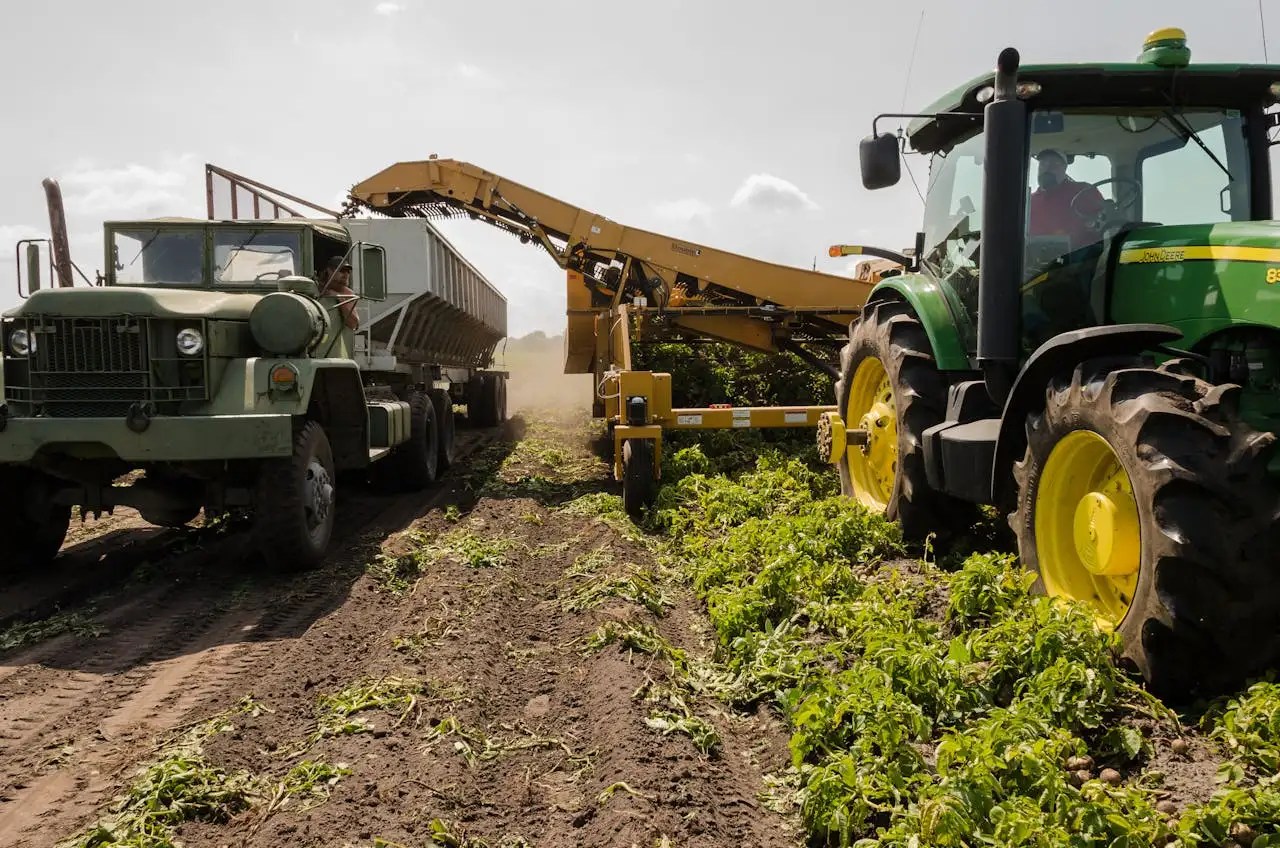 Brian G. Philpot, JD
Brian G. Philpot, JD
09 Jun 2024



10 Jun 2024
California's farmland stands as a cornerstone of the United States' agricultural industry, producing a staggering variety of crops that feed the nation and the world. The state's unique Mediterranean climate, characterized by warm, dry summers and mild, wet winters, provides ideal conditions for growing a diverse array of fruits, nuts, and vegetables.
California is the leading producer of many high-value crops, including almonds, apricots, dates, figs, kiwi fruit, nectarines, olives, pistachios, prunes, and walnuts. The state also excels in producing avocados, grapes, lemons, melons, peaches, plums, and strawberries1. In fact, California's farms produce nearly 75% of the nation's fruits and nuts.
The state's agricultural industry generates over $100 billion in economic activity each year, with more than $20 billion of food, feed, and fiber exported overseas. This impressive output is achieved on less than 4% of the country's farmland acres, highlighting the efficiency and productivity of California's agricultural sector1.
California's dominance in agriculture is not only due to its favorable climate but also its rich legacy of innovation and robust infrastructure. The state's farmers continually adopt new technologies and practices to improve yield and sustainability, ensuring that California remains a global leader in food production.
What do you think about California's role in the agricultural industry?
 start growing your money.
start growing your money.